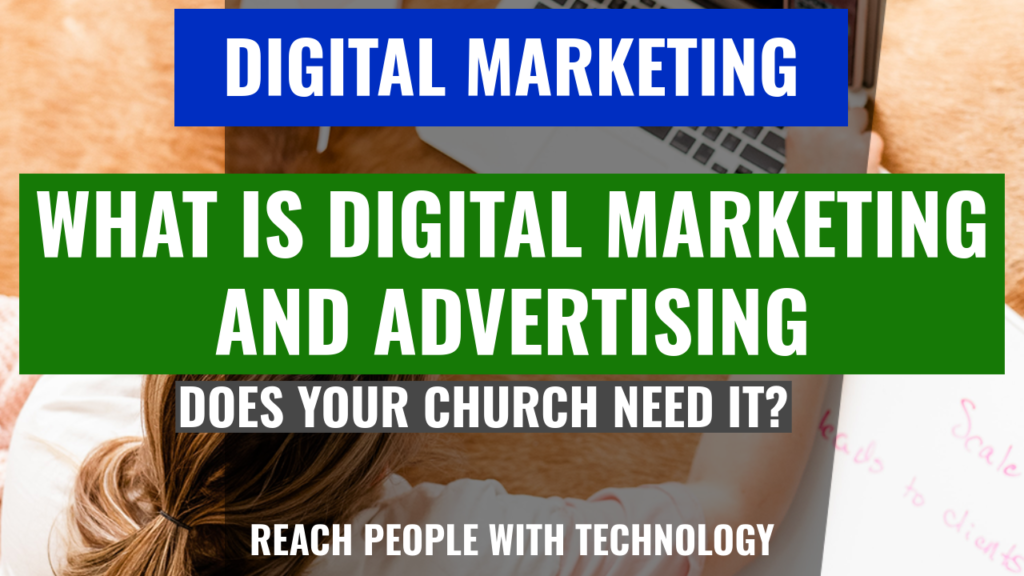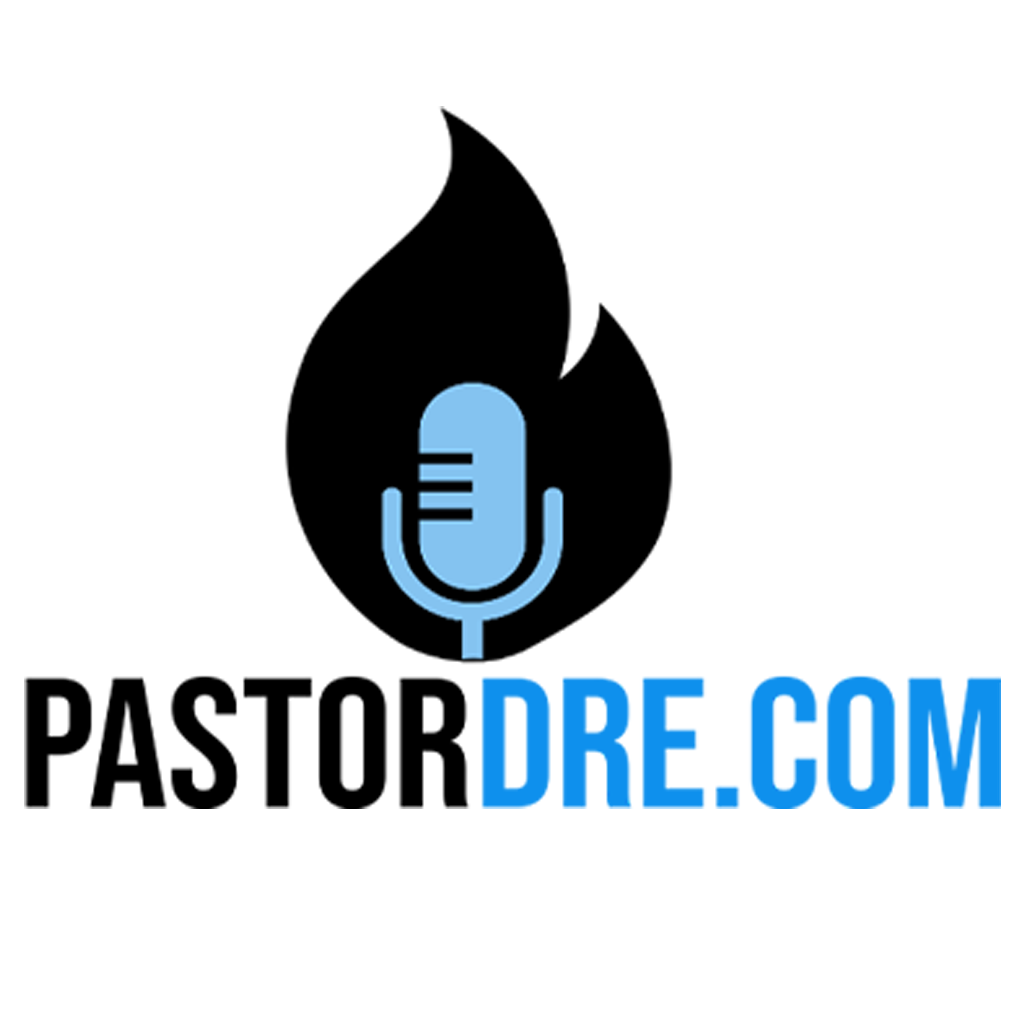What is digital marketing and advertising? That is what we are going to be covering in this blog. If you are new to digital marketing, then you have come to the right blog.

With the rapid advancement of technology, the need for digital marketing and advertising has become increasingly prominent in today's business landscape.
Traditional forms of marketing and advertising, such as print ads and billboards, have taken a backseat as the majority of consumers have shifted their attention to the digital realm.
What is Digital Marketing?
Digital marketing encompasses a wide range of strategies and tactics aimed at promoting products or services through various digital channels. This includes platforms such as search engines, social media, email marketing, content marketing, and more.
In a world where people are constantly connected to their smartphones, laptops, and other devices, digital marketing provides businesses with unparalleled opportunities to reach their target audiences effectively.
Should Churches Have a Digital Marketing Strategy?
Social media marketing allows churches to connect with their congregation and potential visitors on platforms like Facebook, Instagram, Twitter, and YouTube.
Yes, churches should have a digital marketing strategy in order to effectively reach and engage with their congregations and potential new members.
In today's digital age, people turn to the internet for information, resources, and community. By harnessing the power of digital marketing, churches can connect with a broader audience and meet them where they are.
What are ways Churches can use Digital Marketing?
At its core, digital marketing involves using online platforms and channels to create awareness, build brand reputation, and drive engagement.
This includes activities such as social media marketing, email marketing, content marketing, search engine optimization (SEO), pay-per-click advertising (PPC), and more.
Social media marketing allows churches to connect with their congregation and potential visitors on platforms like Facebook, Instagram, Twitter, and YouTube.
By leveraging these channels, churches can share inspiring messages, upcoming events, and encouraging content, fostering a sense of community and engagement.
Email marketing is another crucial component of digital marketing for churches. By collecting email addresses from members and visitors, churches can send regular newsletters, updates, and event invitations directly to their audience's inbox, ensuring that their message is consistently reaching the right people.
Content marketing plays a vital role in digital marketing for churches as well. By creating meaningful and relevant content, such as blog posts, videos, podcasts, or devotionals, churches can establish themselves as a trusted source of inspiration and guidance, attracting and retaining a wider audience.
Optimizing a church's website for SEO is also of utmost importance. When people are searching for spiritual guidance or a local church, they often turn to search engines like Google.
By implementing SEO best practices, churches can increase their website's visibility in search engine results, making it easier for people to find and connect with their church.
In summary, digital marketing encompasses a broad range of strategies and techniques that can help churches effectively spread their message, engage their audience, and ultimately, reach more people.
By embracing digital marketing and optimizing your online presence, churches can expand their reach, connect with their community, and make a lasting impact in the digital realm.
Why is Digital Marketing a must have for Churches?
With the majority of people now spending significant amounts of time online, having a robust digital marketing strategy allows churches to reach individuals who may not be physically present in the local community or may be searching for spiritual guidance beyond their immediate surroundings.
Moreover, digital marketing provides churches with the ability to precisely target specific demographics and tailor their messages accordingly.
Through tools like social media advertising and email marketing, churches can reach individuals based on their interests, location, age, and other relevant factors.
This level of personalization fosters a deeper connection with the audience and increases the likelihood of engagement and participation.
Another advantage of digital marketing is the ability to measure and track the effectiveness of marketing efforts. Unlike traditional marketing, which often relies on estimations and general audience metrics, digital marketing provides churches with valuable data and analytics.

With platforms like Google Analytics, churches can gain insights into website traffic, user behavior, and conversion rates. This data informs decision-making and enables ongoing optimization of marketing strategies for better results.
In conclusion, while traditional marketing still has its place, churches need to recognize the importance of embracing digital marketing strategies to effectively reach and engage with a wider audience.
By understanding the key differences between traditional and digital marketing, churches can leverage the power of the internet and technology to optimize their marketing efforts and ultimately fulfill their mission of spreading the message of faith and love to more people.
If you have questions, please post them in the comment section below and I would love to assist where I can.
Cheering you on for success!
